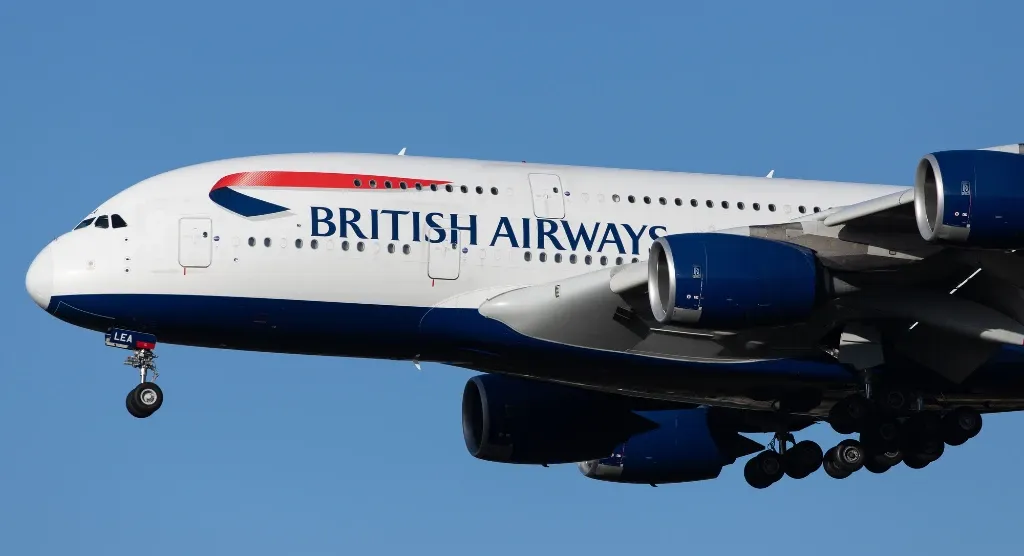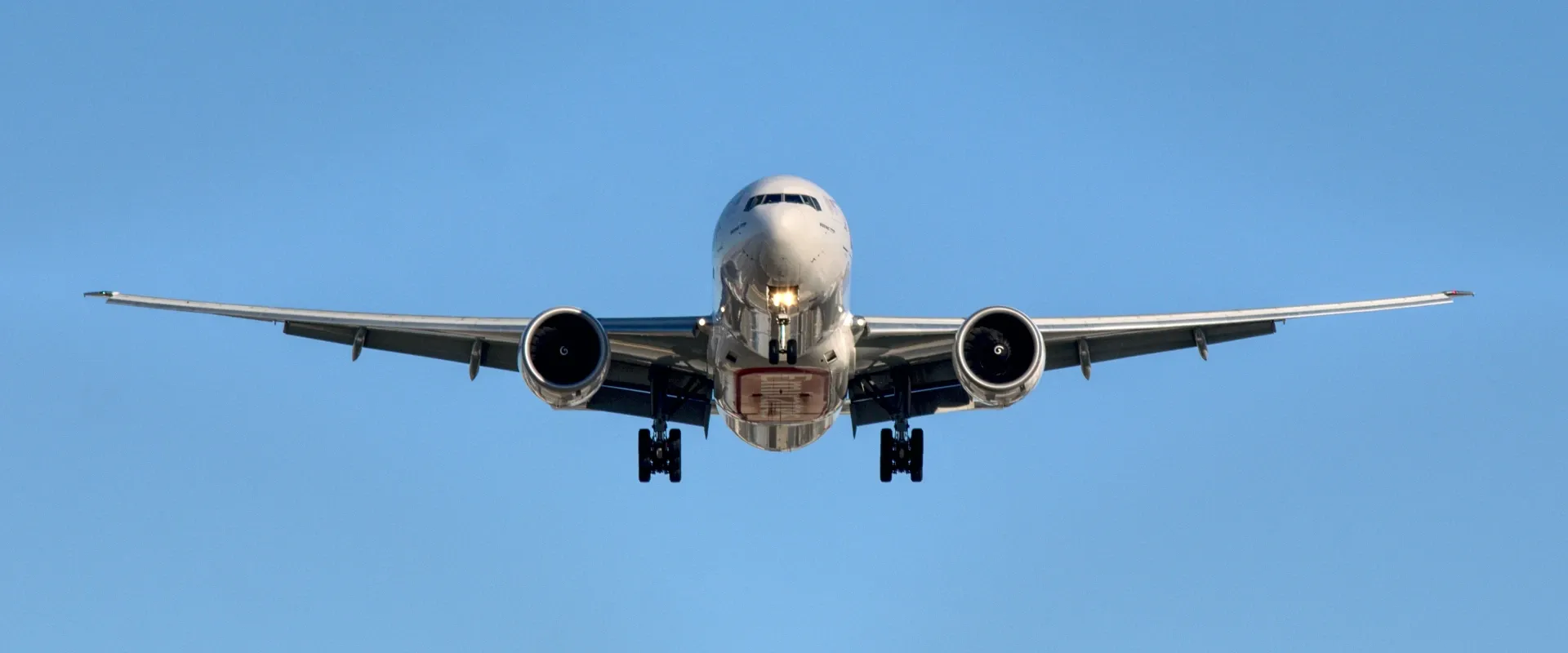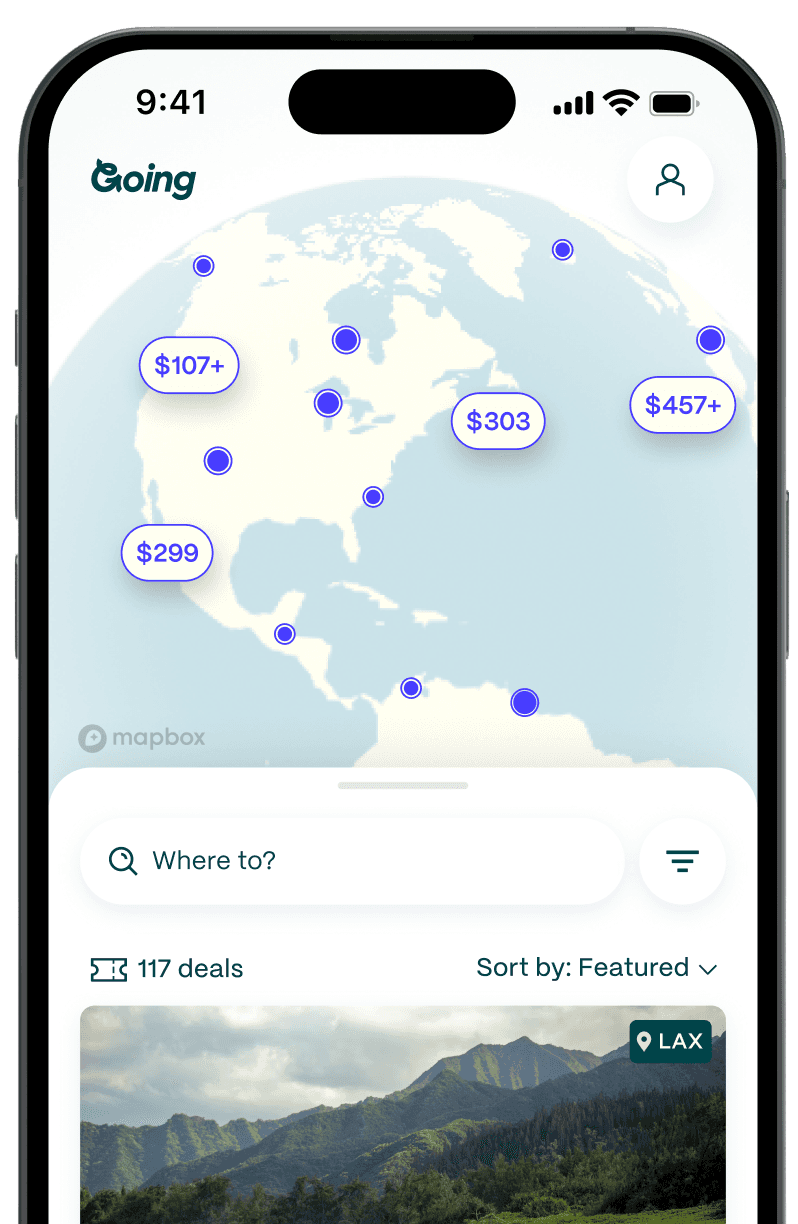
How to Keep Your Points and Miles From Expiring
Table of Contents
If you’ve spent years collecting travel rewards, the last thing you want is to lose them because you didn’t use them. In fact, one of the great fears of many points and miles collectors is that their hard-earned rewards will expire before they have a chance to redeem them for that blissful vacation they’ve been dreaming about.
Fortunately, there’s good news. A number of travel companies have eliminated expiration dates entirely, and it’s relatively easy to extend the expiration of your rewards on most other programs that still have them. But it’s important to know all the rules, so let’s take a look at which airline, hotel, and bank programs you need to worry about when it comes to expiration dates, and what you can do to keep your points and miles alive.
When do points and miles expire?
Credit card points never expire unless you close your account
If you’re worried about your credit card rewards expiring, you can rest easy. With very few exceptions, travel points earned in a credit card program such as Chase Ultimate Rewards, American Express Membership Rewards, Capital One miles and the like will never expire unless you close your related credit card account.
Even if you do need to close your card, you might be able to keep your points from vanishing if you have another card in the same family of credit cards. For instance, if you have both an American Express Platinum and an American Express Gold card, and both cards are tied to the same Membership Rewards account (which usually happens automatically), you can safely close one of the cards and still keep all the points alive as long as the other card remains open.
The only time you might need to be concerned about your credit card points expiring is if you have a card that hasn’t been updated in a long time and still earns points under an old set of terms and conditions. Some older Citi credit cards have these leftover terms, as do U.S. Bank Flexperks cards, and a few others. So if you’re using a credit card that you haven’t replaced in the last several years, you might want to double check its fine print.
Most US airline miles no longer expire—but there are a few big exceptions
As recently as a few years ago, it wasn’t unusual for airline miles to expire a year or two after earning them. But in the last few years, a number of US airlines changed their policies and removed their mileage expiration dates.
So if you’re earning miles with Delta, Hawaiian, JetBlue, Southwest, or United, you’ll never have to worry if your miles are still valid. Also, Alaska Airlines miles technically don’t expire, but the airline will lock accounts that have been inactive for more than 2 years. Fortunately, you can call to verify your identity, and they’ll reactivate the account for you with your miles intact.
However, there are still a few domestic carriers with expiration policies. Chief among them is American, whose miles still expire after 24 months of account inactivity unless you have an American Airlines credit card. And you’ll lose your miles after just 12 months with both low-cost carriers Frontier and Spirit, unless you earn more of them during that period (or redeem some in the case of Spirit).
Unfortunately, when it comes to international airline programs, many expiration policies remain in effect. This includes Air Canada (points expire after 18 months of inactivity), Air France/KLM (miles expire after 24 months of inactivity), British Airways (miles expire after 36 months of inactivity), and a number of others. So if you’re collecting points or miles in a non-US program, you’ll want to make sure you’re on top of your expiration dates.
Hotel points vary, but typically still expire
If you’re sitting on a big stack of hotel points, you’re definitely going to want to pay attention to them, because most hotel chains still maintain expiration date policies.
When it comes to the biggest chains, Hilton, Marriott, Hyatt, and Radisson points all expire after 24 months of inactivity, while Choice and Wyndham points disappear in an even stingier 18 months, and IHG only gives you a puny 12 months to either earn or redeem its points before they vanish. Only Best Western earns top marks with points that never expire.
How to keep points and miles from expiring

If the clock is winding down and you don’t expect to be able to use up all your points or miles before they evaporate, there are a number of ways to prevent them from expiring. The key is to remember that most expiration policies only kick in when there’s no activity in your airline or hotel rewards account in the required 12- to 36-month time period.
But “activity” can mean a lot of things. Most importantly, it doesn’t have to mean spending all your rewards before they expire. Typically any sort of activity, no matter how small, will reset the expiration clock on all the points or miles in your account.
So, what exactly counts as activity? Here are some of the easiest ways to create account activity and keep your points and miles intact.
Earn more rewards by traveling
While not necessarily the most convenient option, any flight or hotel stay that gets credited to your airline or hotel account will reset the expiration date on all the points or miles also sitting in that account.
That’s one reason it’s important to make sure you always add your frequent flyer number to your airline ticket, and your hotel rewards number to your room reservation. Even if you’re only earning a small number of rewards for your trip, you’re keeping your entire balance of points or miles from expiring just by crediting your latest flight or hotel stay to your account.
Use an airline or hotel credit card
If you have a credit card that’s tied to a specific airline or hotel, each time you earn points or miles with that card, it resets the expiration date on your entire balance of accumulated points or miles. So literally buying even just a stick of gum with your credit card each month will keep your airline miles or hotel points alive.
However, it’s important to note that this is only true of credit cards that are tied directly to an airline or hotel program. These cards are sometimes known as “co-branded” credit cards, and always have the airline or hotel’s name right on them. Cards that earn rewards that aren’t tied to one particular airline or hotel don’t work the same way, unless you move some of those points to one of your card’s travel partners. Which brings us to…
Transfer points to your airline or hotel program
If you don’t have an airline or hotel credit card, but instead use a card that earns transferable points, such as Chase Ultimate Rewards, American Express Membership Rewards, or Capital One miles, transferring a small number of points (typically there’s a minimum of 1,000 points or miles) to a partner airline or hotel program will also reset the expiration date on the points or miles in that program. Though again, remember that while most transfers are instant, some can take up to 48 hours.
As an example, if you have some points sitting in Air Canada’s Aeroplan program that are getting close to expiring, you could transfer just 1,000 points from your Chase Sapphire Preferred card or your Capital One Venture card to Aeroplan, and that would restart the 18-month clock on all the Aeroplan points in your account.
Remember, this only works if you actually transfer points to the airline or hotel program. Using the points to book a flight or hotel on your bank’s travel website doesn’t have the same effect (though any miles you’d earn from actually flying the flight on that airline would count).
Use the airline or hotel’s shopping portal
Most airlines and hotel chains have related shopping portals that earn extra points or miles on online purchases at a wide assortment of retailers. All you have to do is go to the portal first and select the retailer you want to shop at. The portal will then take you to the retailer’s regular website, and any purchases you make during that shopping trip will also earn bonus points from the portal. Plus, earning those extra rewards will reset the expiration dates on all your rewards.
The one issue to watch out for is that rewards from shopping portals usually don’t post to your account instantly. It can typically take days or even weeks for them to show up, so if you’re already very close to the day your rewards will expire, you might want to choose a different method of extending them.
Earn points through dining programs
In addition to shopping portals, many major airlines and hotel chains also have dining programs. These programs are tied to thousands of restaurants across the country, and when you join one of these free programs and dine at any of its partner restaurants, you’ll earn bonus miles on the cost of your meal. Once those miles show up in your account, it will reset the expiration date on all the other miles in that same account.
Again, like shopping portals, points and miles earned from dining programs don’t always post to your account immediately (though they generally show up much faster than shopping portals). So just keep that in mind if you’re extremely close to having your rewards expire.
Spend your rewards
Creating account activity doesn’t just mean earning more points or miles — spending them also counts. So if you book a flight or hotel room with even a small portion of your rewards, the points and miles that remain in your account will get an extended expiration date.
Also, keep in mind that most airline and hotel programs offer other ways to spend your rewards aside from taking a flight or booking a room. You’ll find options to redeem miles for merchandise or exclusive experiences, or sometimes even magazines. Any of these methods of redeeming even a few points or miles will reset the expiration date on all your remaining rewards.

Buy more points or miles
It’s probably not the ideal solution since you’re effectively paying for more of something that you’re already having trouble using up. But purchasing even a small amount of points or miles will constitute account activity and extend the expiration dates on all of the rewards in your related account.
But keep in mind that the cost of buying points or miles generally far outweighs their value. So if you’re going to do this, only buy a small amount, and make sure you can use them for something worthwhile.
Transfer or donate your points
If you can’t manage to pull off any of the other activities on this list, a final option to extend the expiration date of your points or miles is to give some away. Again, any sort of activity in your airline or hotel account restarts the clock, so transferring a small amount of your rewards to a friend or family member, or even donating them to charity, will save the rest of your rewards from expiring.
Now, while donating points or miles to a charity is typically offered as a free option on airline and hotel websites, transferring them to another person can come with an associated fee — and often a high one. So it’s usually not the ideal way to reset your expiration clock, unless you’re really stuck and have no other choice.

One final note on extending the expiration dates of your rewards
While most airline and hotel programs with expiration policies count any type of activity in your account as resetting the clock on your rewards, there are some exceptions. For instance, points in Singapore Airlines’ frequent flyer program expire three years after they’re earned, regardless of any other activity. In that case, the techniques on our list wouldn’t be of any use in extending those dates.
And Frontier Airlines only counts “accrual activity” as activity, meaning earning more miles extends the expiration date on your Frontier rewards — but redeeming miles doesn’t count. That’s why it’s always important to check the fine print on any travel rewards program before you try to restart the clock on expiring points or miles.
Frequently asked questions about expiring points and miles
If I downgrade my credit card, do I lose my points?
It depends on what card you’re downgrading to. If you’re switching to a card in the same “family” of credit cards — such as changing from a Chase Sapphire Reserve to a Chase Sapphire Preferred — you should be able to keep your points. However, if you’re changing from a card that earns one type of rewards to a card that earns a completely different type, you may lose your existing points.
If I miss a payment, do I lose my points?
You might. Some issuers, such as American Express, will take back all the points you earned during the period covered by your billing statement if you don’t pay at least the minimum amount due by the payment due date. If you bring your account current, you can request the points back, but you have to pay a $35 fee. Other issuers aren’t as harsh, but most have some sort of rewards penalty for not paying on time, so make sure to pay your bill every month.
How can I find out when my points or miles will expire?
Many major airline and hotel programs will show your current rewards expiration date on their website once you log into your account. Look for a date somewhere on the “Account” or “Activity” tab in the loyalty section of the site, and remember that the expiration date might not be the most prominent piece of information displayed on the page, so you may have to dig a bit. In some cases, if the expiration date isn’t clearly displayed, you may need to look at your past account activity and manually calculate how much time is left before your rewards expire.
What’s the best way to track my expiration dates?
Some people track their points and miles balances and expiration dates manually using a spreadsheet. But an easier way is to use an automated service called Award Wallet. You can track over 600 different types of loyalty programs using Award Wallet. Just sign up and enter your login credentials for all the programs you want to track. Then when an expiration date is approaching, Award Wallet will email you a reminder with enough advance notice for you to act. The basic Award Wallet service is free and tracks expirations for up to three loyalty accounts, while pro features that provide unlimited coverage cost only $30 a year.
Can I get expired points reinstated?
Sometimes, but it’ll probably cost you. As an example, American Airlines will reactivate miles if you make a request within 24 months after they’ve expired. But the fee for doing so ranges between $40 and $1,000 or more, depending on how many miles you’re reinstating. That price may not be worth paying, so it’s much better to just be sure your miles don’t expire in the first place, so you don’t have to decide whether to pay to get them back.
Last updated December 21, 2023
Articles you might like
View All
British Airways Avios Guide: How to Book with Avios
Jan 15, 2026
5 min read

Credit Card Rental Car Insurance: Best Cards and What it Covers
Jan 15, 2026
6 min read

How to Claim Airline Miles (and Turn Them Into Free Trips)
Jan 15, 2026
6 min read






